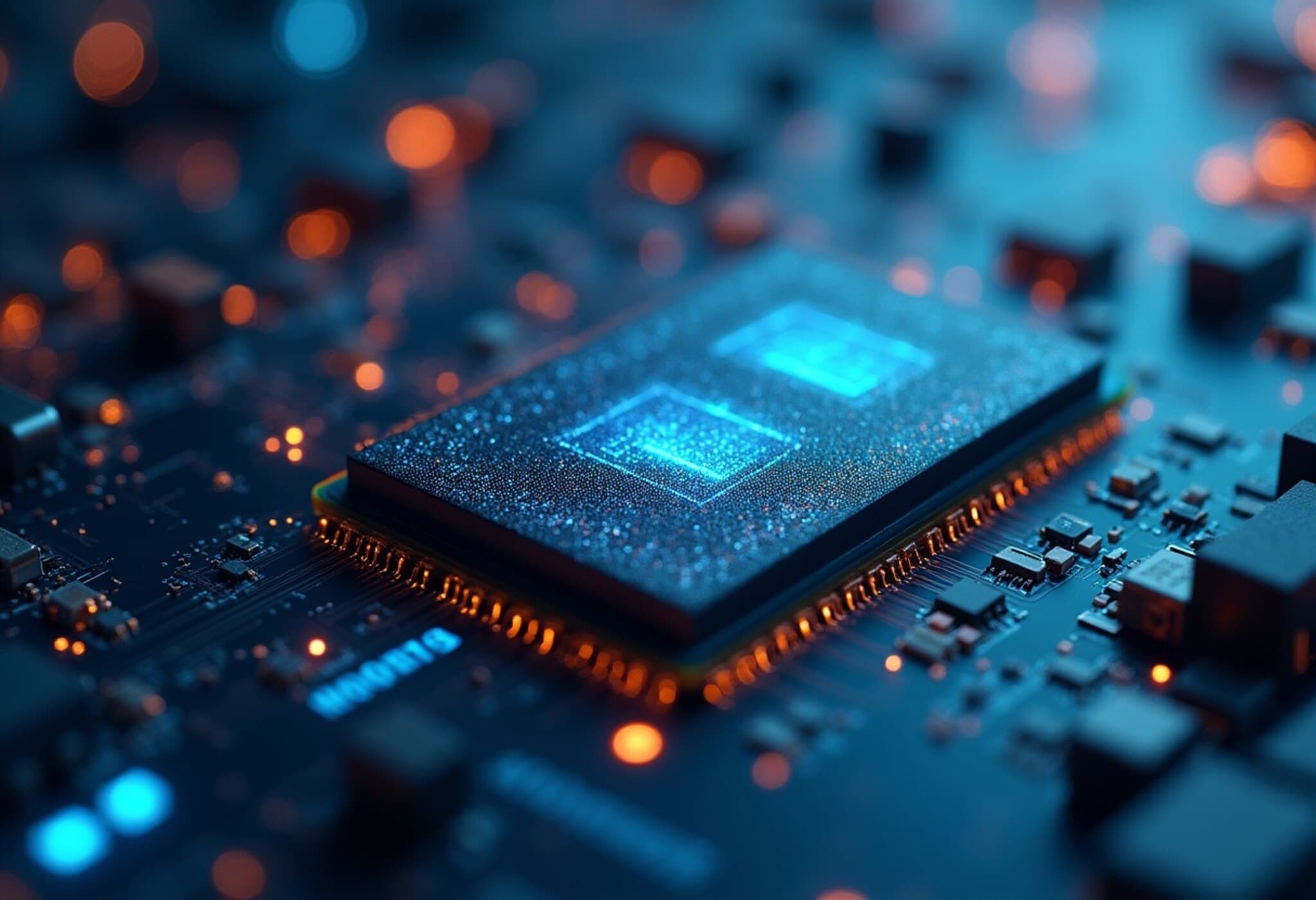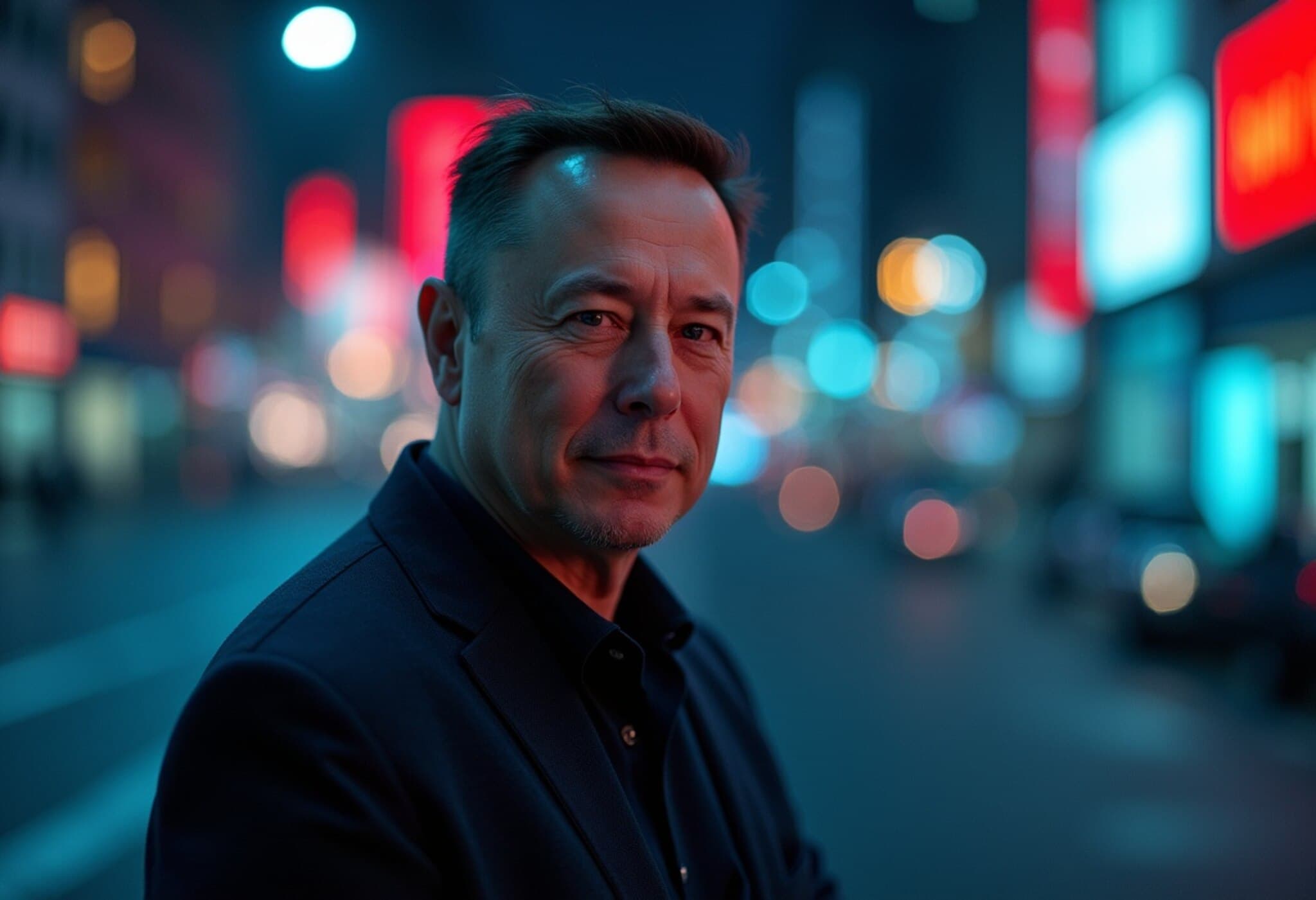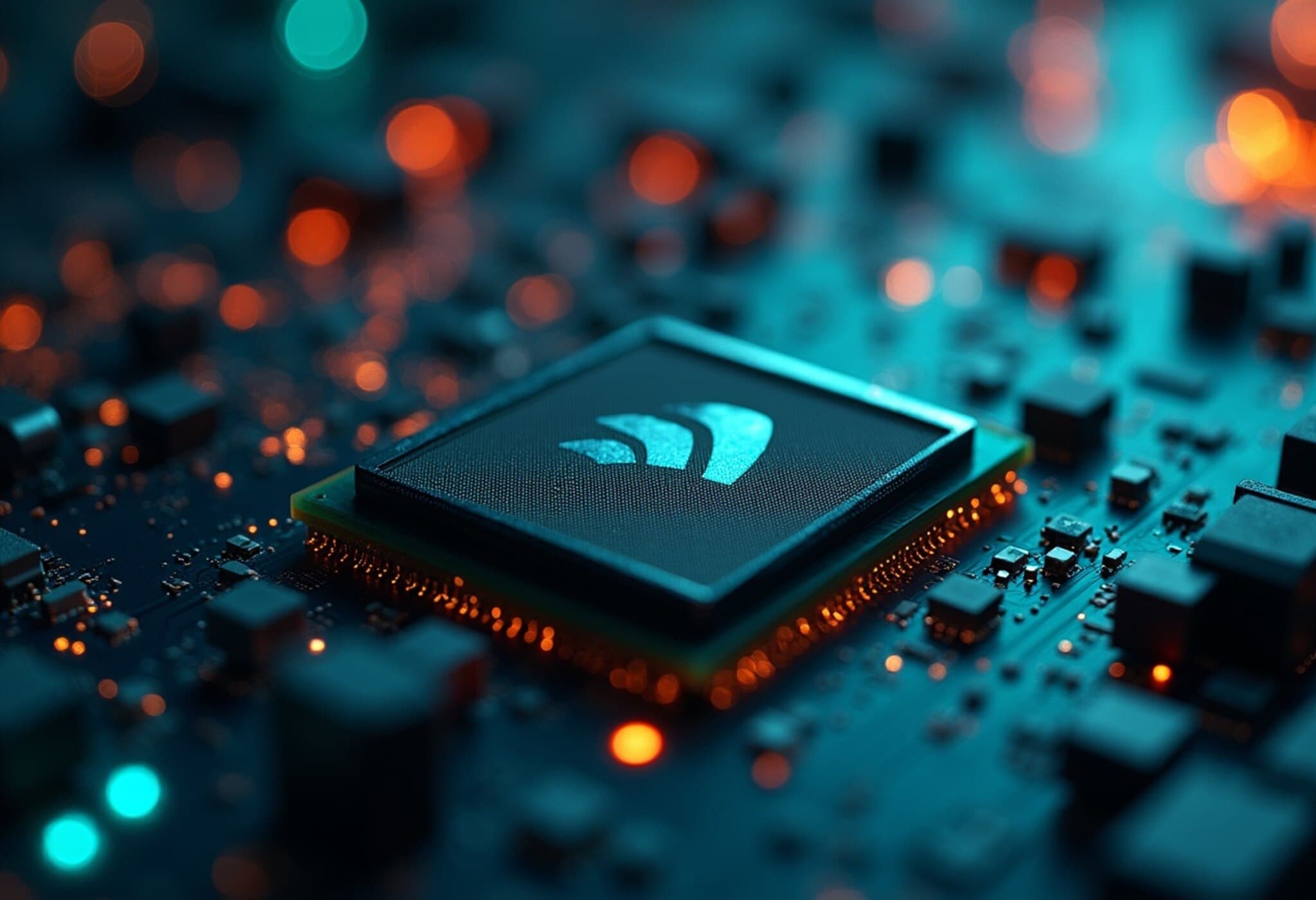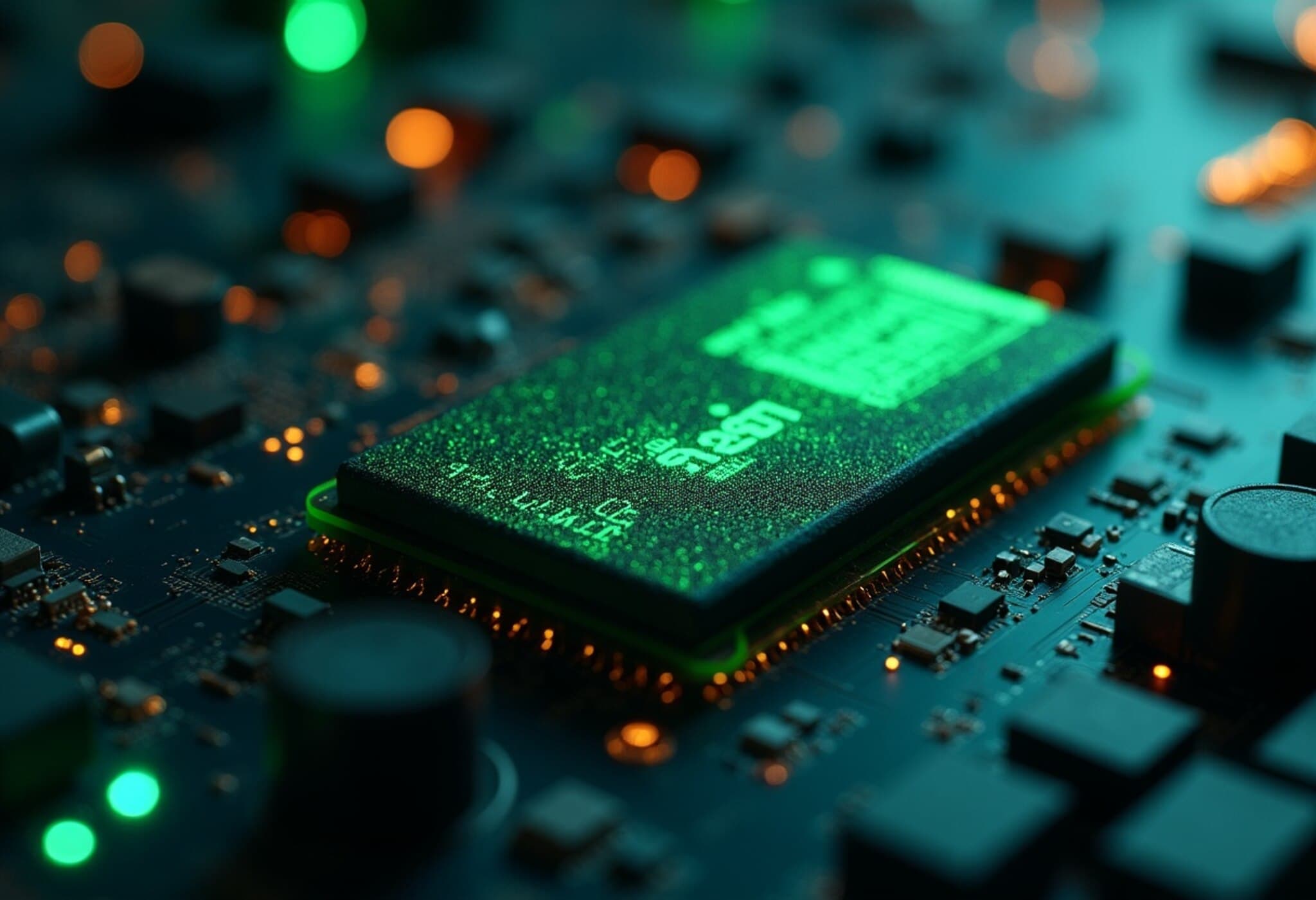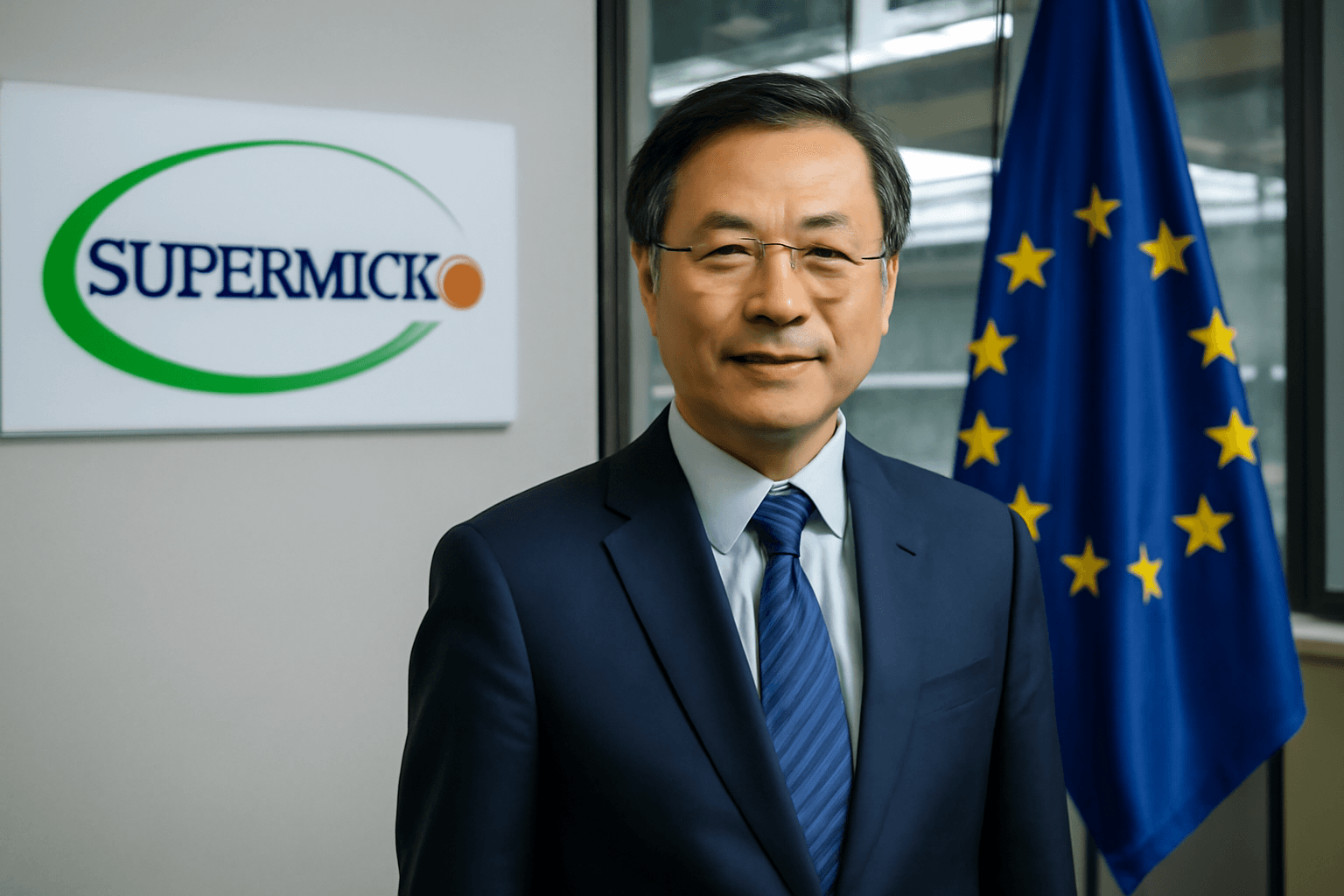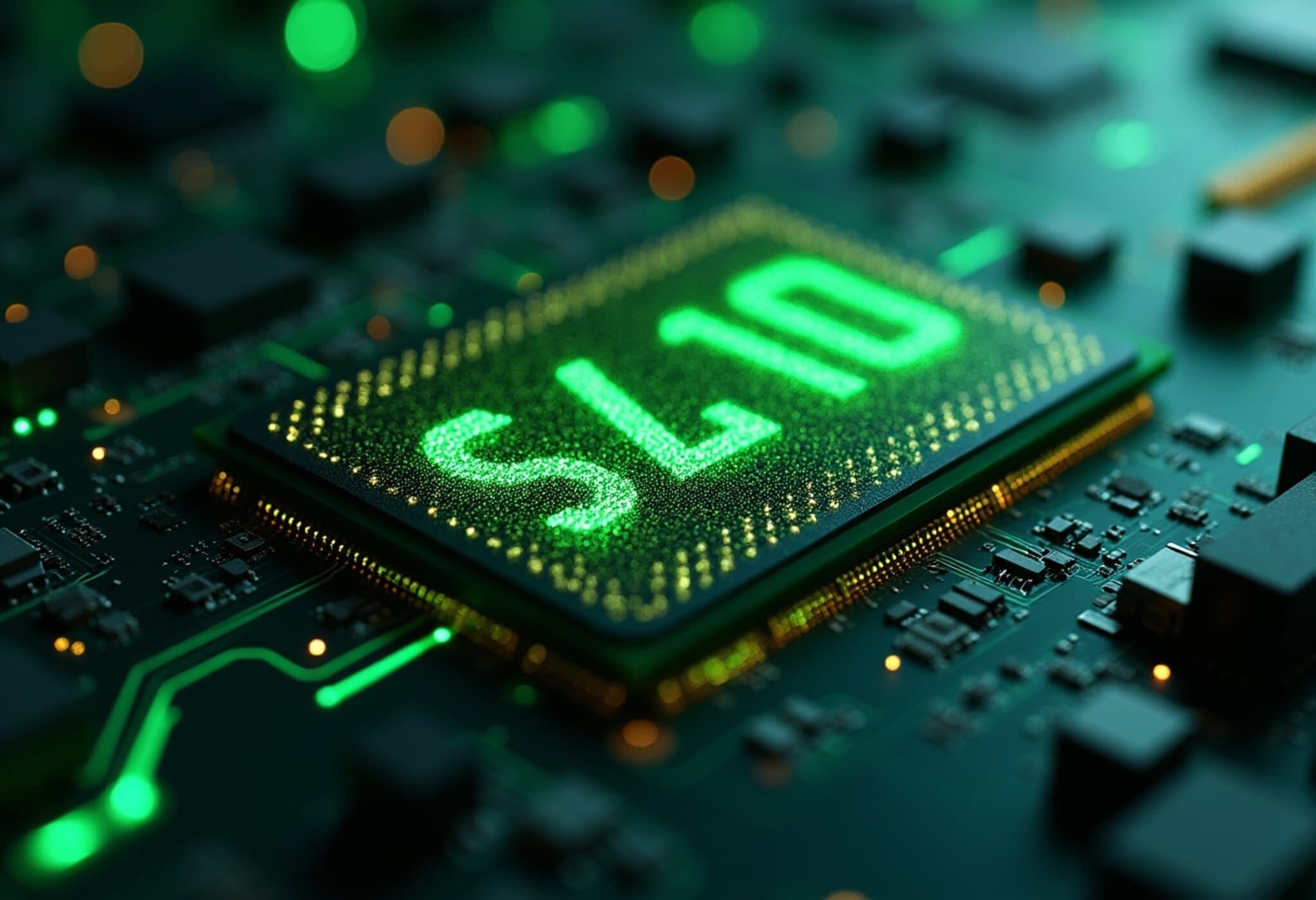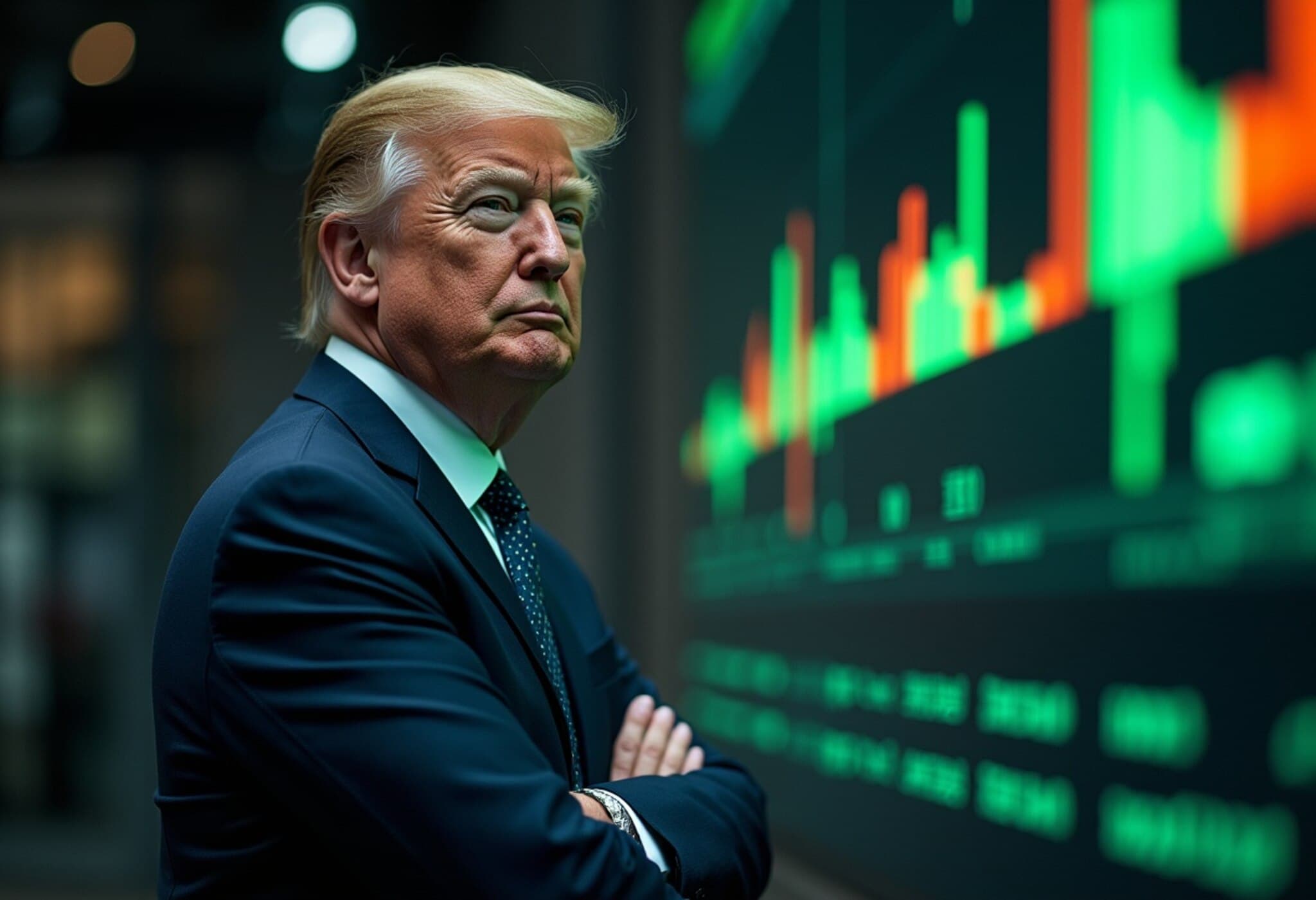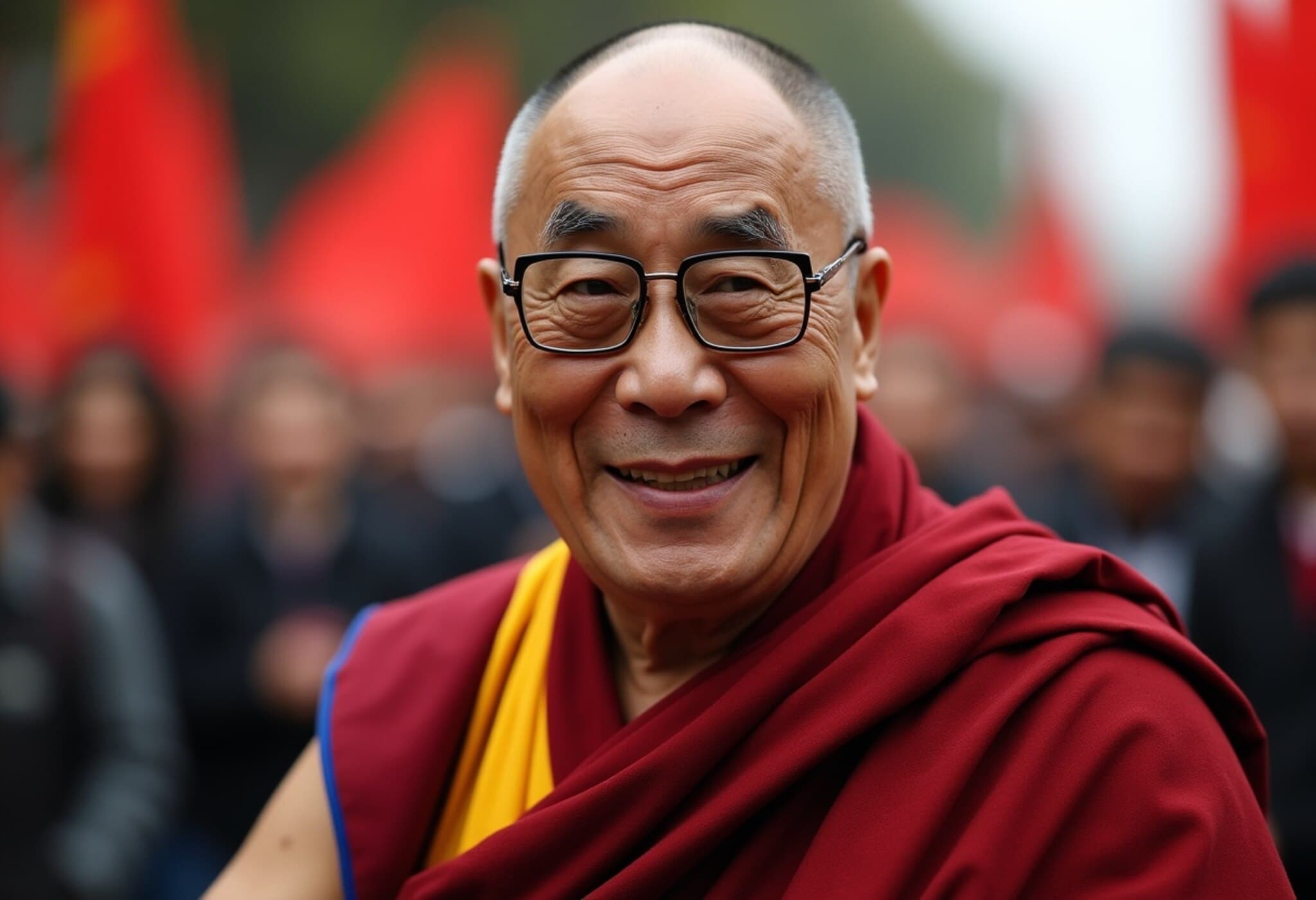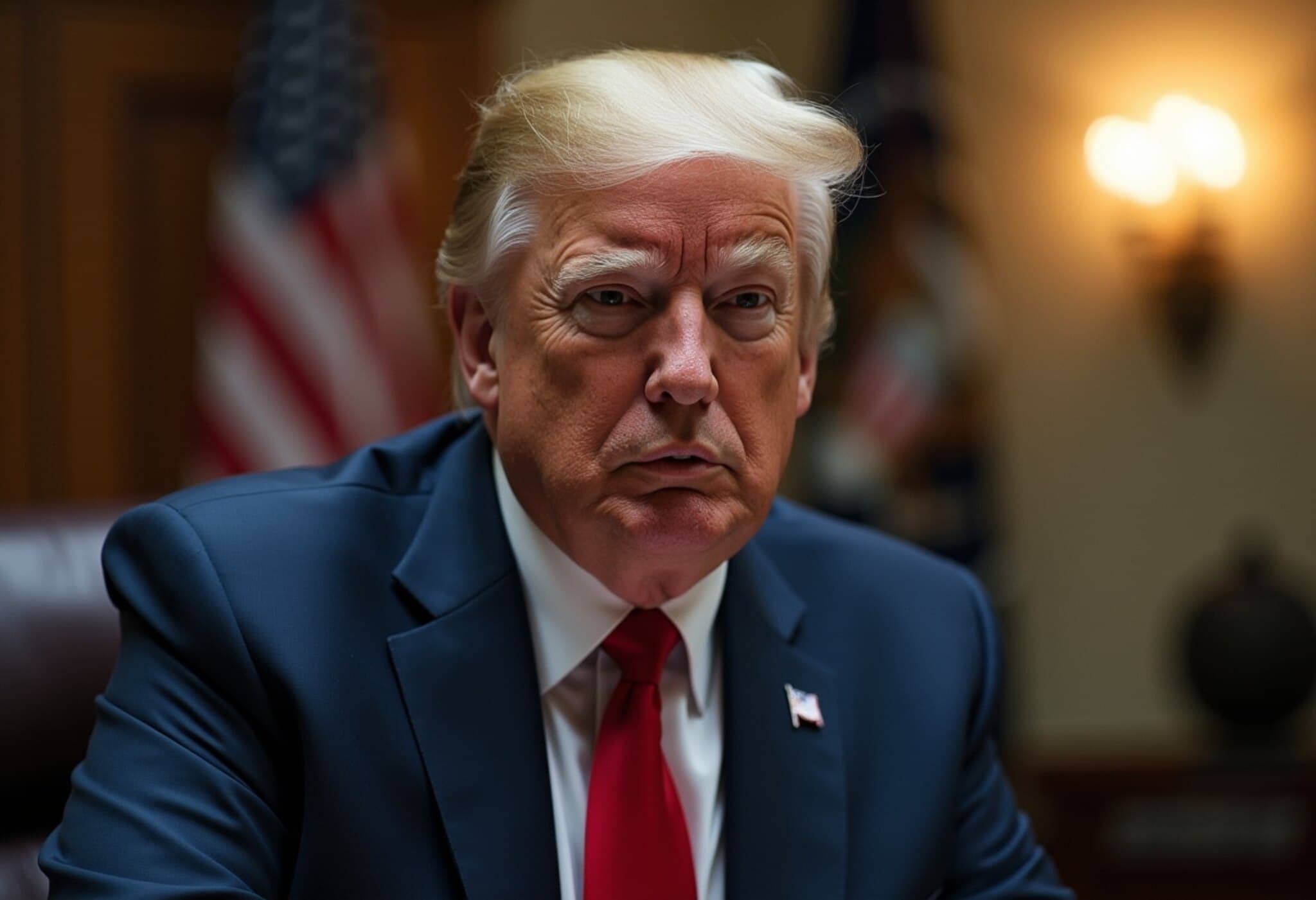Groq Enters European Market with New Data Center in Helsinki
Artificial intelligence semiconductor startup Groq has taken a significant step towards expanding its global footprint by inaugurating its first European data center. Partnering with Equinix, a leading global data center provider, Groq’s new facility will be based in Helsinki, Finland.
Riding the Wave of AI Demand Across Europe
Groq’s move taps into the growing appetite for AI-powered services on the continent, as European businesses and governments accelerate their digital transformations. This expansion comes amid a broader wave of U.S. technology giants scaling up investments in European AI infrastructure, reflecting the strategic importance of localizing data centers closer to users.
The Nordic region, particularly Finland, offers key advantages for data center operators, including access to abundant renewable energy and naturally cooler climates, which reduce operational costs and carbon footprints. Such sustainable infrastructure aligns well with Europe’s ambitious climate goals and regulatory pushes for greener technology.
Groq’s Unique Approach to AI Processing
Valued at $2.8 billion and backed by prominent investors such as investment arms of Samsung and Cisco, Groq specializes in designing Language Processing Units (LPUs). Unlike traditional chips that focus primarily on AI training—which involves vast computing power to teach AI models—Groq’s LPUs excel at inferencing. Inferencing is the stage where pre-trained AI models analyze new data to generate responses, much like popular chatbots do in real time.
This niche positions Groq amidst a competitive landscape of startups aiming to challenge dominant players like Nvidia, whose GPUs govern the AI training market. Other contenders such as SambaNova, Ampere (soon to be acquired by SoftBank), Cerebras, and Fractile are likewise jockeying for a slice of the lucrative AI inference market.
Strategic Importance of European AI Sovereignty
European policymakers have emphasized the concept of sovereign AI, advocating for data centers to be physically located within EU borders to enhance data security, comply with data privacy laws, and improve latency for end-users. By hosting its LPUs inside Equinix’s data center ecosystem, Groq benefits from direct connectivity to major cloud providers like Amazon Web Services and Google Cloud, facilitating seamless multi-cloud integration for businesses.
Broader Implications for the AI Ecosystem
- Groq’s European expansion reflects a strategic alignment with sustainability and local compliance, critical in today’s regulatory environment.
- The partnership with Equinix underscores the increasing importance of multi-vendor cloud environments to optimize workloads.
- By honing in on inferencing, Groq addresses a growing segment of AI deployment often overshadowed by the more resource-intensive training processes.
Currently, Groq operates data centers across the U.S., Canada, and Saudi Arabia, making this expansion into Finland a key milestone in its international strategy.
Expert Commentary
Jonathan Ross, CEO of Groq, noted during the GenAI Summit in San Francisco that establishing a European presence is essential to meet the unique demands of local customers and tap into regional innovation ecosystems. Industry analysts weigh in, viewing this move as a signal that AI chip startups are rapidly evolving to challenge incumbents by addressing the full AI stack—from training to inferencing—while respecting geography-specific needs.
Looking Ahead
As AI technologies continue to integrate themselves into daily business operations and societal functions, the availability of efficient and regionally compliant AI infrastructure like Groq’s in Europe will be critical. This development could set a precedent for other AI startups contemplating international expansions that prioritize sovereignty, speed, and sustainability.
Editor's Note
Groq’s entry into the European market highlights a rising dynamic in the AI semiconductor space: the race to balance cutting-edge technology with geopolitical and environmental considerations. While inferencing may not grab headlines as prominently as AI training, it represents the frontline where AI interacts with real-world applications and end users. Readers should watch how this ecosystem evolves, particularly how startups like Groq leverage regional strengths to compete globally.

